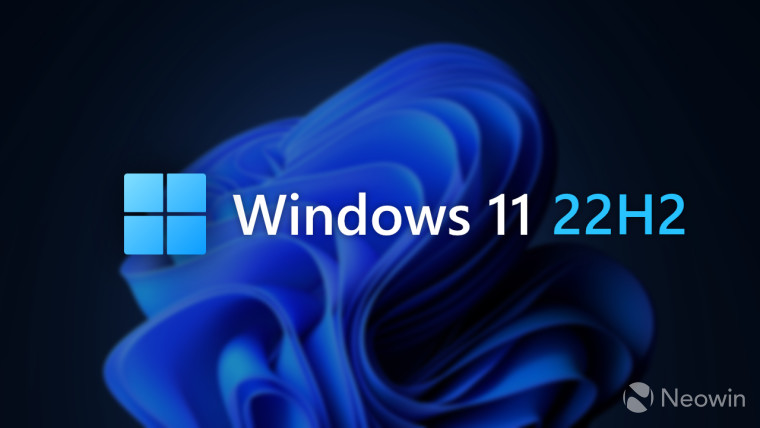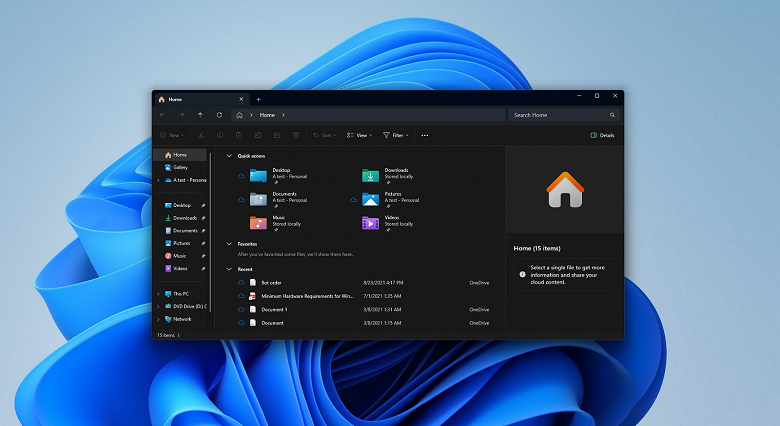Microsoft has patched more than fifty “holes” in its products
Microsoft has begun distributing the monthly security patch as part of the Patch Tuesday program. This month, developers patched 56 vulnerabilities in various Microsoft products, including a zero-day vulnerability in the Windows operating system used by cybercriminals in practice.









